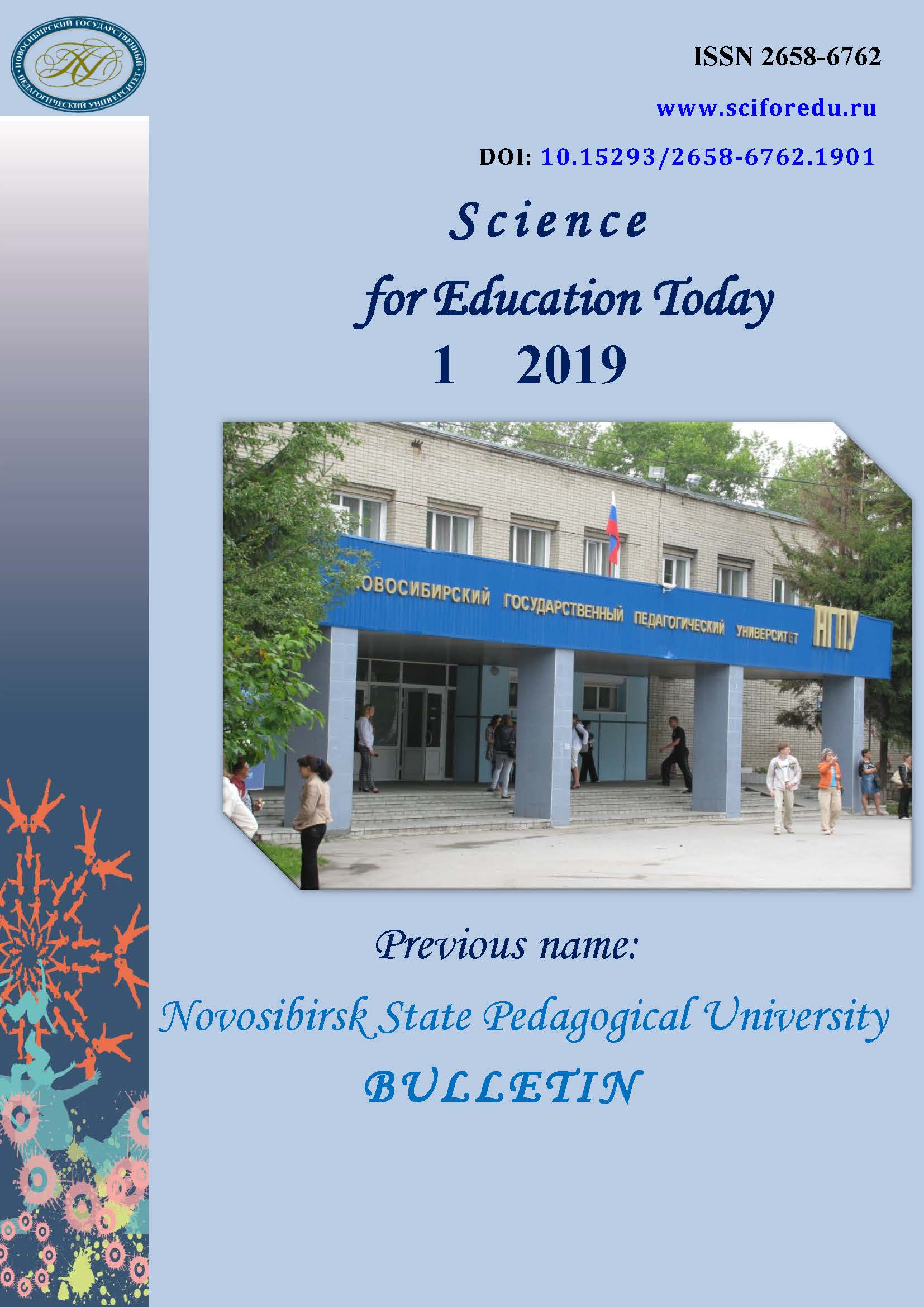Факторный анализ развития инновационной готовности преподавателей вуза
Factor analysis of developing innovative readiness of academic staff
Author(s): Inna Borisovna Avakyan, Galina Aleksandrovna VinogradovaSubject(s): Vocational Education, Higher Education , Sociology of Education
Published by: Новосибирский государственный педагогический университет
Keywords: Innovative readiness; Socio-psychological climate; Teaching staff; Higher education institution; Communicative abilities; Professional-pedagogical self-development; Achievement motivation
Summary/Abstract: Introduction. The article investigates the phenomenon of innovative readiness of academic staff. The purpose of the research is to identify the factors which affect the development of innovative readiness of academic staff. Materials and Methods. The research methodology includes a theoretical analysis of recent Russian and international scientific literature on innovative readiness and reviewing psychological and educational studies in the field of innovative educational practices. The investigation is carried out on the basis of empirical methods (tests, questionnaires, observation, interviews) and mathematical and statistical methods of data processing (single-sample λ-Kolmogorov-Smirnov criterion, linear regression method, "principal component method" factor analysis). The sample comprised 2036 academics of 9 higher educational institutions in Russia. Results. The study revealed factors which contribute to the dynamics of development and changes in the innovative readiness of academic staff: the external factor is the socio-psychological climate of universities, the internal factors are dynamic and static. Secondly, a linear relationship has been revealed between the socio-psychological climate and internal factors of developing innovative readiness of academic staff. Finally, the authors proposed a factor model for the development of innovative readiness of academic staff based on the presented factor analysis. Conclusions. The authors conclude that the proposed factor model of developing innovative readiness of academic staff should be considered as a priority area of innovative educational practices in order to increase innovativeness and ensure the competitiveness of Russian academic staff.
Journal: Science for Education Today
- Issue Year: 9/2019
- Issue No: 1
- Page Range: 43-56
- Page Count: 14
- Language: Russian

